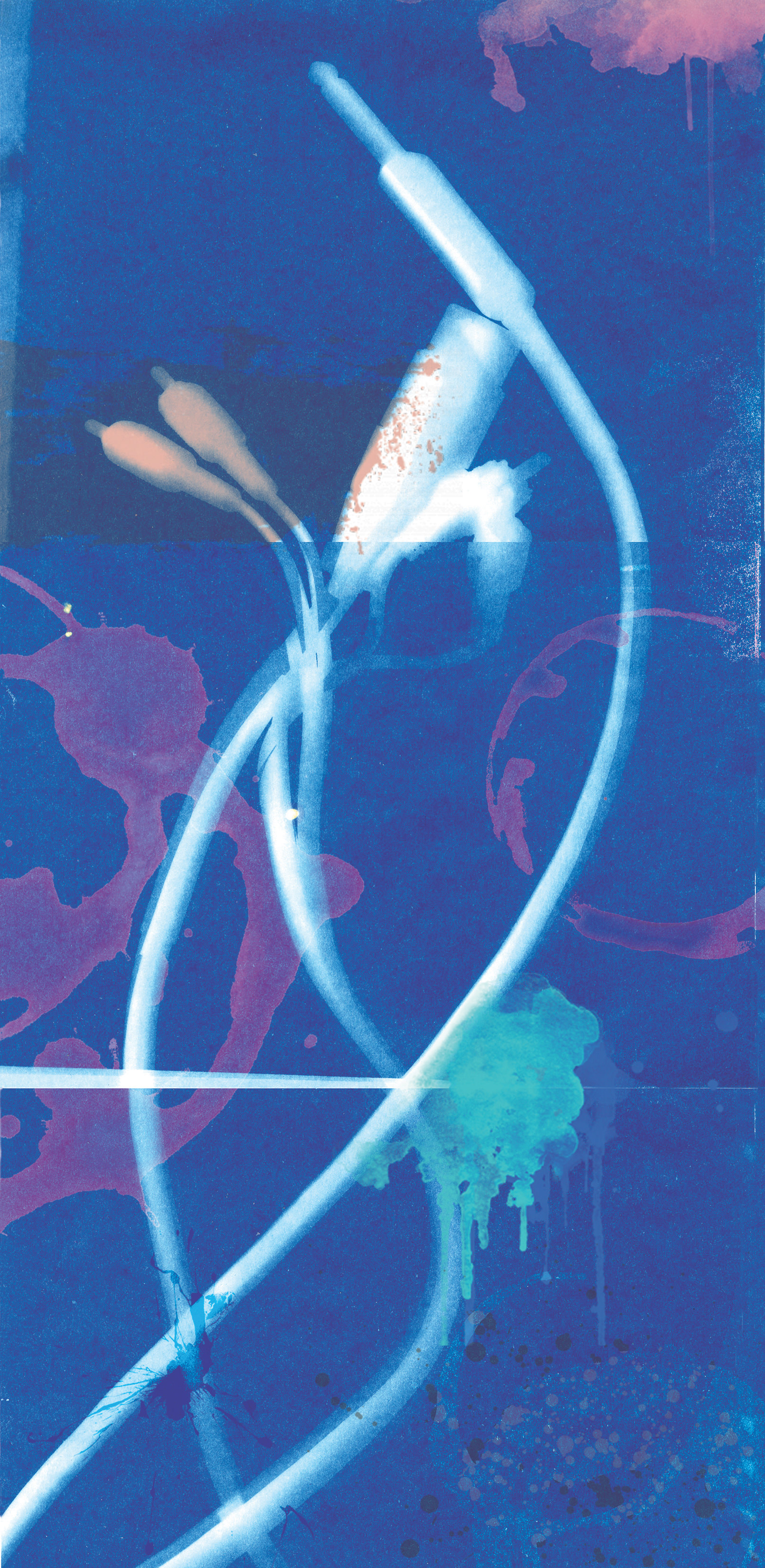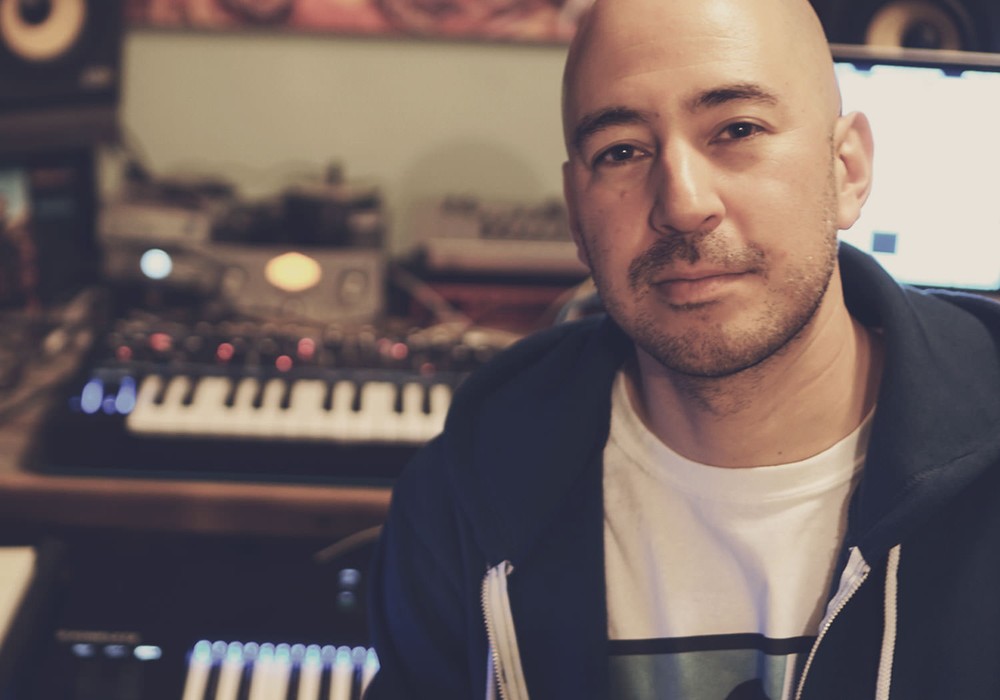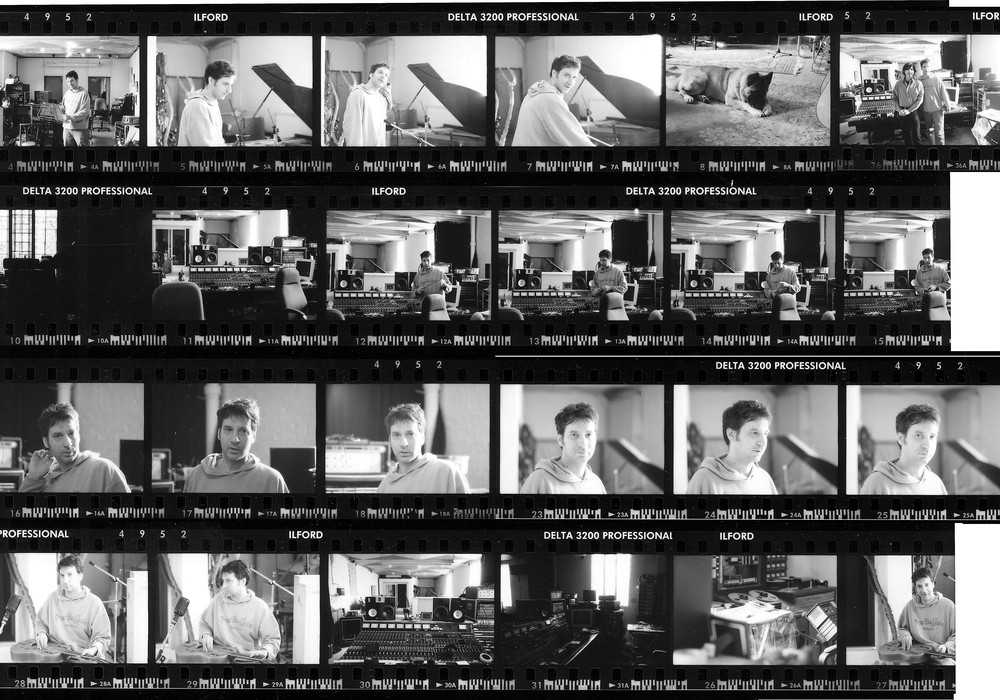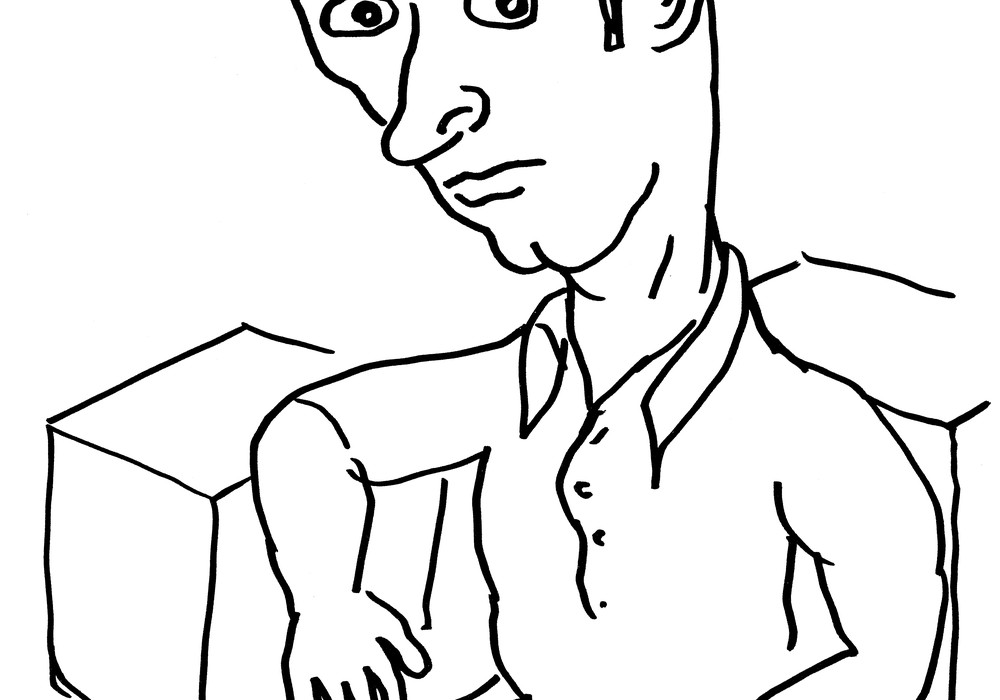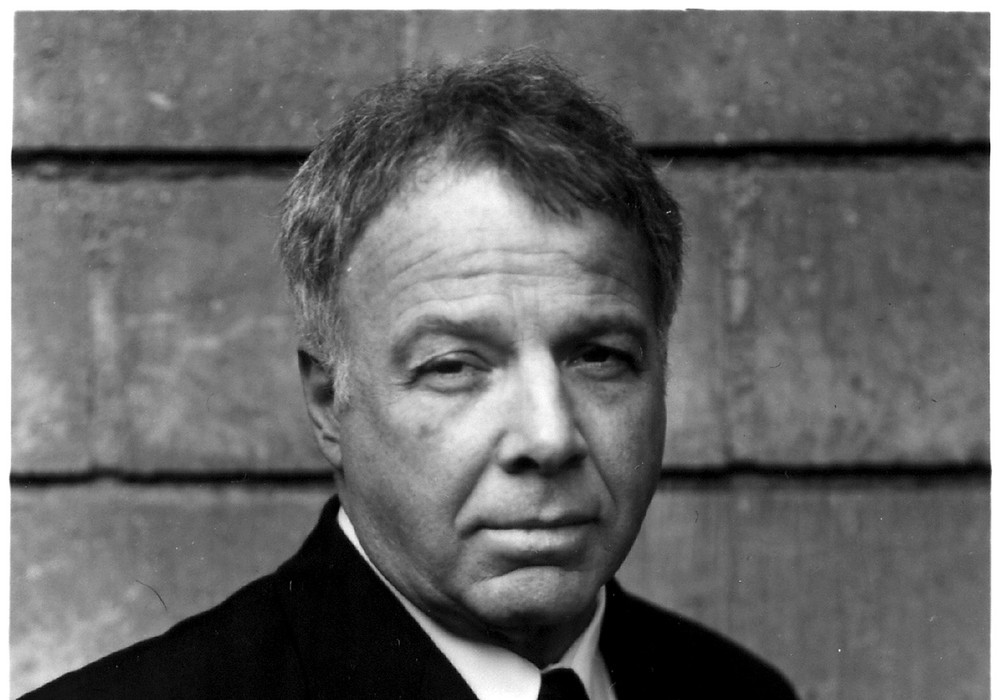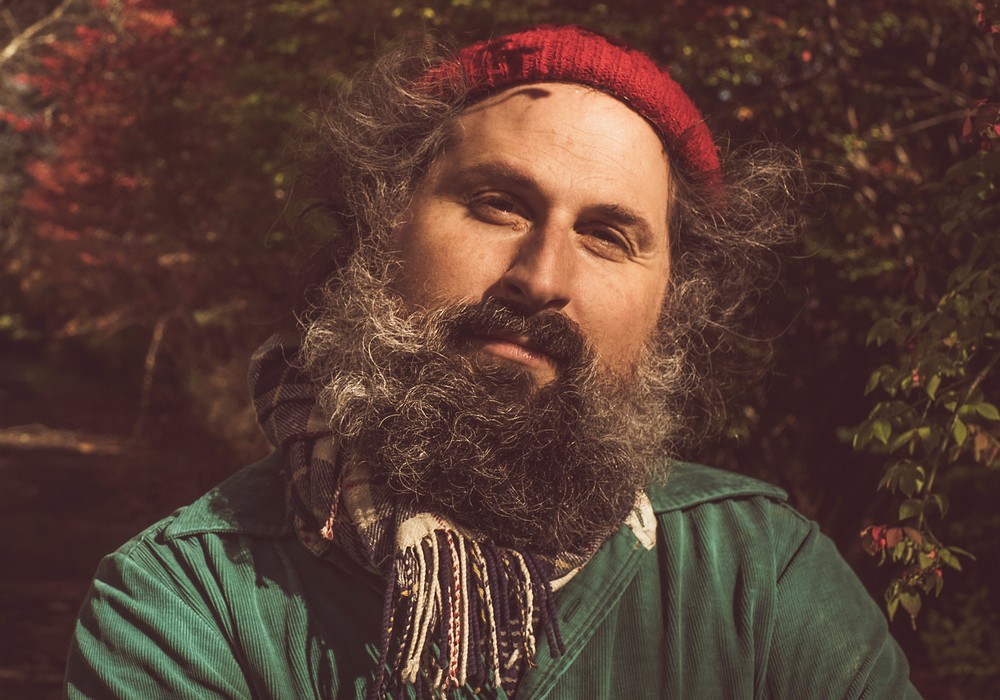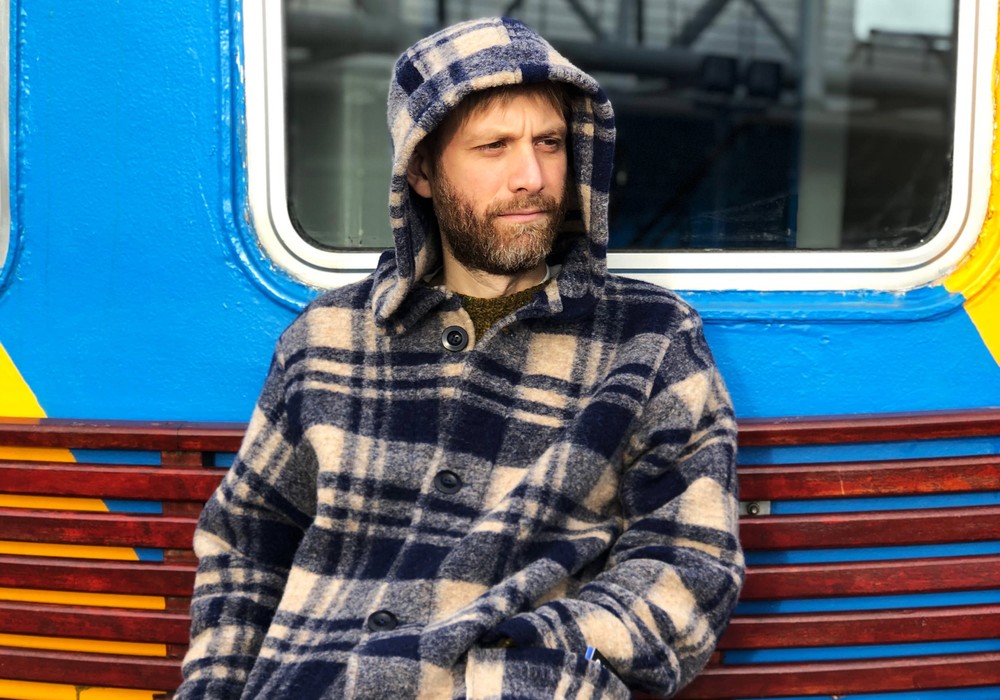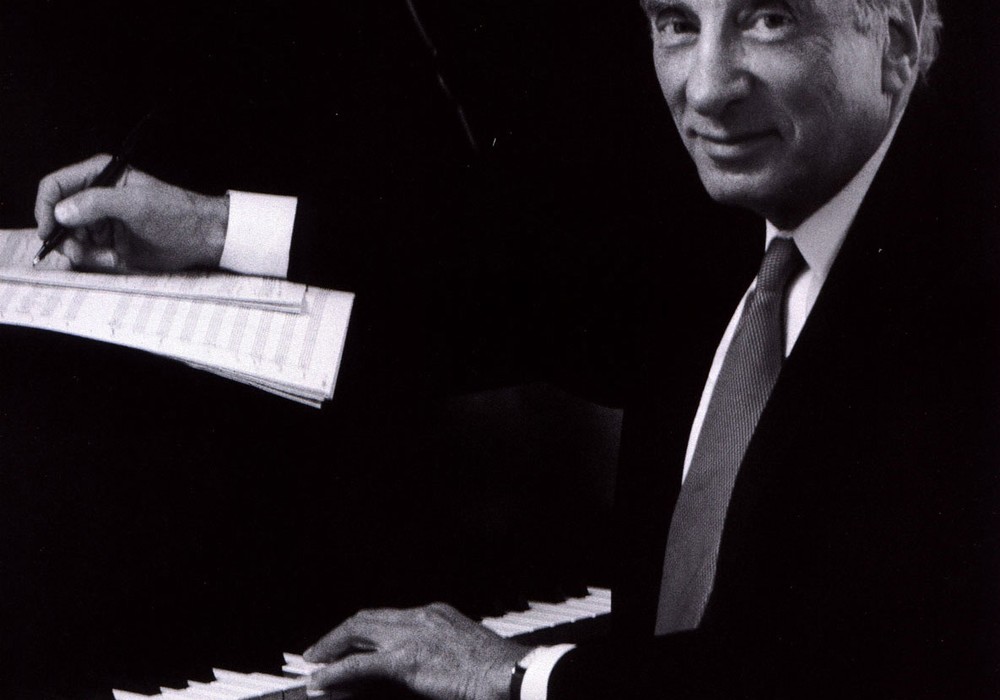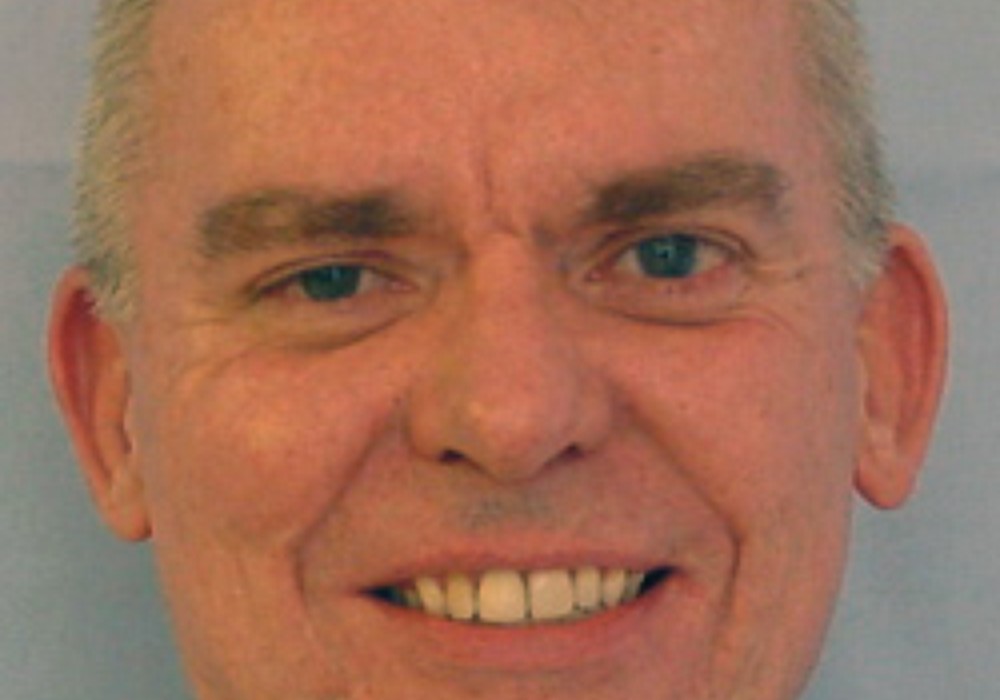New Zealand's Mark de Clive-Lowe is your conductor, musical tour guide, and conduit to the past and future. From accomplished jazz artist to a shaker in London's underground music scene, de Clive-Lowe has been part of over 200 releases and continues to produce, perform live internationally, and compose. Like the mash-ups and remixes he creates, his deep knowledge of jazz, hip-hop, Latin, dance, and electronic music – coupled with acoustic instruments and live samplings – makes for an experience that is more than simply a show. His quarterly club night, Church, in NYC and L.A., are happenings of dancers, jazz, and progressive music fans, as well as those that want to take a ride on de Clive-Lowe's musical bullet train.
Like most kids, I assume you took piano lessons?
My dad made me learn piano. I was too young at the time to have a choice in the matter, or even a desire. My teacher was a classical teacher who had no understanding of modern music at all, and that was something I really wanted to delve into. He couldn't really help me, so I started to dabble, not really knowing what to do. In high school, in New Zealand, all my friends were heavily into guitar music and it didn't quite resonate with me. Before school one day, one of my friends walked up to me and gave me his earbuds. It was the first Guy album [Guy], produced by Teddy Riley. When I heard this music that was very modern, highly produced, and created through keyboards, it was my gateway drug to '90s hip-hop. I became a huge '90s hip-hop head: Native Tongues, Jungle Brothers, A Tribe Called Quest, Brand Nubian, Public Enemy, and Eric B. & Rakim. Every day after school I'd go down to the record store and see what 12-inches were coming in on import. I wanted to get some equipment, so I went to the local music store. Accessible samplers were just happening, but I didn't know what a sampler was. I didn't get it. I remember buying my first drum machine, like a Yamaha RX something. I had a Roland PR-100 sequencer with tiny little Quick Disks. I think I bought a Kawai multi-timbral synth. I started messing around with this gear, not knowing at all what I was doing. Not long after that a friend of mine, Zane Lowe, and I were playing each other demos at lunchtime. I was like, "Damn, that shit sounds like hip-hop. How did they do that?" He said, "They had a sampler." That was like "the heavens open" epiphany moment. I was messing around with all this gear and collaborating with some hip-hop and soul crews in Auckland, New Zealand. My parents did not understand it, and they didn't approve of it. "Why can't you just play the piano? Why can't you play Gershwin?" I had a weird moment one day. I had this whole record collection, and I'd bought all this equipment, but I woke up one day and thought, "This is meaningless! I'm making these loops, and there's no substance to them. What's the point?" I was an extremist in my youth, so I sold everything. I sold 12-inches I'll never see again. I sold all my equipment. This was about age 15. It was all about the piano, and Miles [Davis], and [John] Coltrane records; I dove headlong into jazz. I didn't see the correlation between the styles, at the time.
Jazz-influenced hip-hop was yet again another wave altogether.
There was definitely some of it, but to me those were worlds apart. Jazz caught me hook, line, and sinker. I was living in Japan for my last year of high school, and Tokyo had 60 jazz clubs at the time. I was probably spending more time in the clubs than I was going to school. I finished that high school year, went back to New Zealand. I was supposed to start law school. On the first day, my dad was knocking on my bedroom door saying, "Mark, university starts today!" I said, "No, I'm not going. I'm going to do music." At that point in time I figured, "I'm going to be a straight-ahead jazz musician. I'm going to live in New York." I was in New Zealand, gigging a lot and playing acoustic jazz. Once a month we had a gig at a club that was annexed to a DJ club. We'd jam in there with two drummers, a turntablist, rappers, horn players, and keyboard players. It was so much fun. Then I'd go back to my serious gigs. On one of these serious gigs I was on stage, mid-gig, and I was thinking, "Why am I being so serious about this when I could put that focus on the fun shit?" Also, going to jungle parties and having DJs spin music that was so progressively organic and hip compared to acid...
